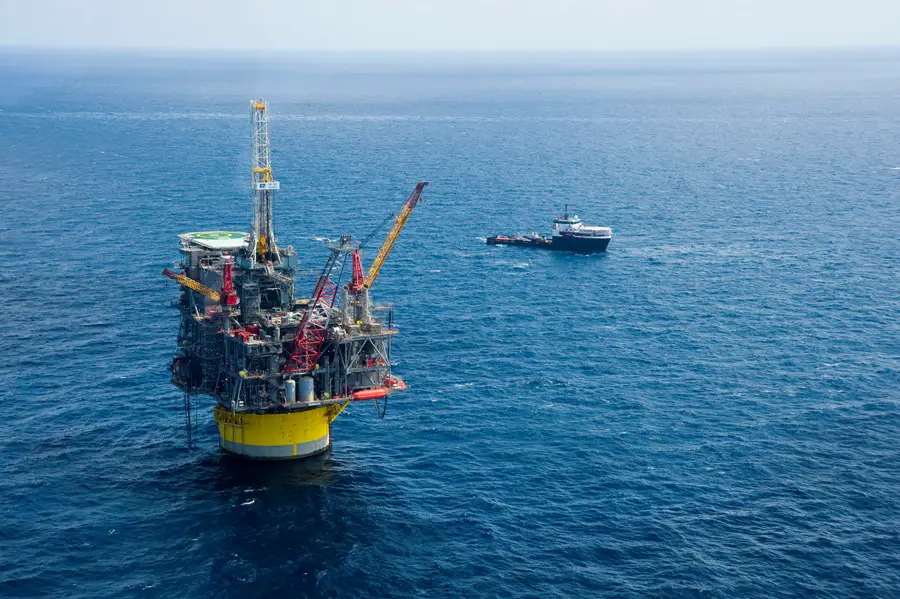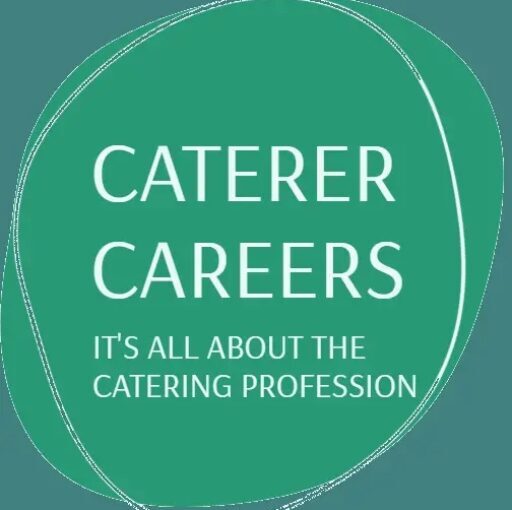
Have you been offshore?
Would you love to work offshore as a caterer?
Working at sea is an awesome experience!
Although, this type of job has its own challenges, (being at sea for days, weeks, or months), you’ll have to prepare for it.
Some people are not comfortable with the sight of oceans, let alone working on them.
Being at sea seems to be a platform to observe horizons.
The waves and storms at the ocean is a factor you’ll need to know, which occurs from time to time.
Offshore is a place where oil platforms or sea-going vessels are sighted.
Locations at sea could be a drilling rig, barge, supply vessels, oil tankers, cargo ships, or oil platforms.
This keeps you away from land-based activities for as long as you are on board.
Catering on this platform varies, meaning that, if you’re a cook working on a supply vessel of about 8 crew members, including yourself, you’ll have to cater to the crew.
You’ll take instructions from the captain and his mate.
The task on a supply vessel is enormous: as a cook, you’ll plan the menu, you’ll do the cooking, you’ll do the dishes, you’ll be responsible for your ordering, you’ll take care of galley sanitation, you’ll receive materials and stock them, and you’ll have to serve the food you cook to crew, members.
So, the task will vary based on the platform you are working on.
If you’re working on a barge, some barges could accommodate about 150 – 200 personnel on board.
Of course, you should know that, for a vessel that could harbor such a number of persons, the volume of catering there will be different.
The workforce will be much more unlike working on a supply vessel. I once worked on a barge. The personnel onboard was about 120.
The catering crew consists of the kitchen manager or head chef, 4 cooks, 2 bakers, and 2 kitchen stewards. The service line is a buffet-style setting, crew workers dish food for themselves.
So, you’ll understand that in this setting, every cook has their task assigned to them.
You don’t have to do much multitasking, unlike a single chef on a small supply vessel.
You need proper information–and know what to expect–if you want to work at sea.
Finding Offshore Job
If you know an office of a catering company that operates offshore, you can go there, and make inquiries regarding job vacancies for chefs.
If you make an enquiry, there could be offices of agents in the city where you live, who recruit chefs for sea-going vessels
These days, chefs can search online for offshore catering jobs. These Jobs can be found locally, they can also be found internationally.
There are websites on the internet that specialize in posting vacant job positions solely for caterers.
If you find these sites, you can register with them, so they can have your resume in their database.
They could notify you by email when new jobs are available. But, it’ll be best you go through their websites to see the list of vacant positions they advertise.
That way, you could see the roles by category. For websites that advertise jobs for various occupations, they usually have a search box on their webpage, where you can enter a search query, and see a listing of jobs for a specific career.
I mean that, for such websites, if you enter a search query for “line cook”, the site will display job listings for these roles.

Going Offshore
Before you go offshore, there are things you’ll need to know. You’ll need to be conversant with the standards set for such work environments.
You should have basic knowledge of swimming, though in some vessels, it might not apply, but it is required that workers be certified swimmers.
If you’re working in a vessel within your country or locally, you’re required to hold a seaman discharge book.
For those going overseas or to work between countries, one will need an international or seaman passport.
In some cases, “STCW” will be required. STCW is a marine document containing information that seafarers have undergone certain training, like basic first aid, basic fire fighting, offshore safety, sea survival, and helicopter underwater escape training (HUET). Also, you’ll do a medical examination to prove that you’re fit medically.
This document (STCW) is valid for a period of time, the training undergone can expire. Upon expiry, one will have the document updated.
Boarding of vessels is usually done at the seaport. Sometimes a vessel could be drifting near the port, a boat will convey workers to the vessel, and workers will get on board via a transfer basket.
To get to an oil platform or rig, a helicopter or chopper transports workers to such destinations sometimes.
For those who haven’t been offshore before and intend to work at sea, it’s important to have this information.
There are rules guiding workers at sea, you must own a life vest, there are areas you’ll be, and must don a life jacket.
When Onboard At Sea
Though you’re away for work, life offshore could seem to be another form of isolation from the world, for the period of time that you’re there.
It takes you away from your family and loved ones. Your day-to-day life will be with crew members.
You’ll need to know that the comfort of accommodation at your home will not be the same when you’re on a seagoing vessel or oil platform.
You’ll stay in shared accommodation in a cabin, meaning that you could have 4 or 5 or more persons in a cabin, bathroom, and toilet shared.
Being in a shared accommodation, you’ll have to conduct yourself to the best of your behavior.
For the chefs, you’ll have to wake up as early as 04:20 AM and start to prepare breakfast. The volume of catering will depend on the number of personnel on board.
By 08:00 AM, breakfast should be over. After 1 – 2 hours rest, chefs will begin preparation for lunch. After lunch, there’ll be another break before dinner meal preparation.
Planning is usually the key to delivering on the job: take breakfast for instance, once the catering manager hands in the menu for breakfast, at night, all items that need to be prepped will be done, and frozen items that need to be thawed will be taken out.
While prepping for breakfast, planning for lunch is underway as well, frozen products for lunch will be taken out of the freezer to thaw before usage.
If you desire to work at sea, work towards it, and you could have the experience someday.





